Will the Pope resign? Ailing Francis battles health problems
His predecessor, Benedict, became the first pope to resign since 1294 due to health problems, but the Vatican is unsure if Francis will follow suit.
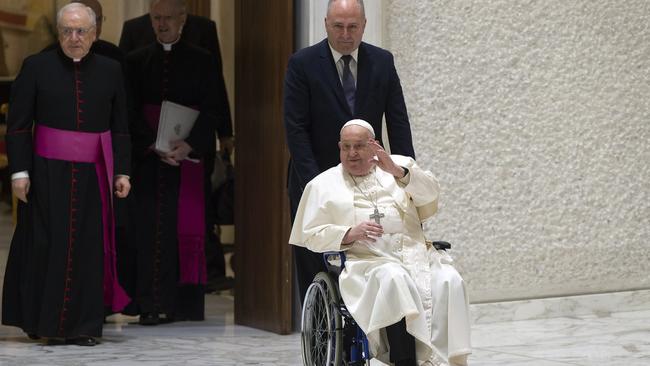
For anyone wondering if Pope Francis will emulate his predecessor, Pope Benedict, and resign, it is not much use listening to what Francis himself has to say on the subject.
In a memoir, Life: My Story Through History, published last year, Francis wrote, “I think that the Petrine ministry is ‘ad vitam’ [‘for life’] and therefore I see no conditions for a resignation”, only to add in the next sentence, “things would change if a serious physical impediment were to arise”.
As the pontiff enters his eighth day in hospital on Friday, suffering from pneumonia in both lungs, Vatican watchers are wondering just how serious Francis, 88, thinks that physical impediment has to be.
On Thursday evening, the Vatican said that Francis’s condition was “slightly improving”, adding that his heart and circulation were in good shape and that he was free of fever and able to work.
However, in an interview on Italian radio, senior Vatican cardinal Gianfranco Ravasi broached the topic on everyone’s mind and claimed: “I think he could [resign] because he is a person who, from this point of view, is quite decisive in his choices.”
Francis has been working from his bed this week at Gemelli Hospital in Rome, and Ravasi recalled how, when painful knees forced him to use a wheelchair, Francis said: “You govern with your brain not your knee.”
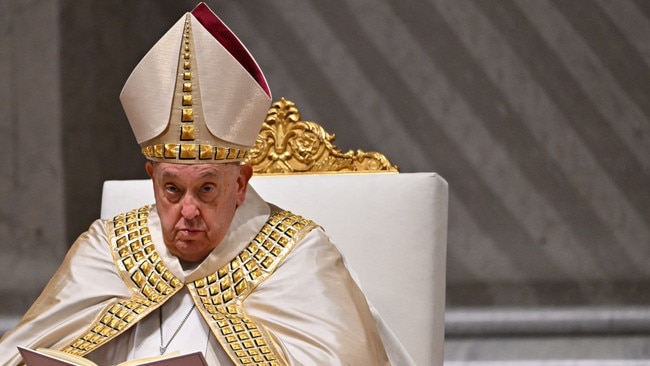
But he added: “That said, it is beyond doubt that if he found himself in a situation where his ability to have direct contacts, which he loves, and to communicate immediately, incisively, and decisively were compromised, then I believe he could decide to resign.”
Ravasi also hinted that a working brain might not be enough, pointing out how Benedict made the historic decision to be the first pope to resign for more than 600 years in 2013 because he could not handle the papal trips, audiences and “all those endless appointments”.
Francis has complimented Benedict for “opening the door” for other popes to resign, saying: “It was such a very good thing for the church. He told popes to stop in time.”
He has also revealed he has signed a resignation letter to be used by officials if poor health stops him carrying out his duties. However, he has also said that resignation should not become “a fashion, a normal thing” for popes.
This again raises the question – just how frail does Francis think a pope needs to be to resign?
Pressed on that in 2023, he spoke of “a tiredness that doesn’t let you see things clearly. A lack of clarity, of knowing how to evaluate situations.”
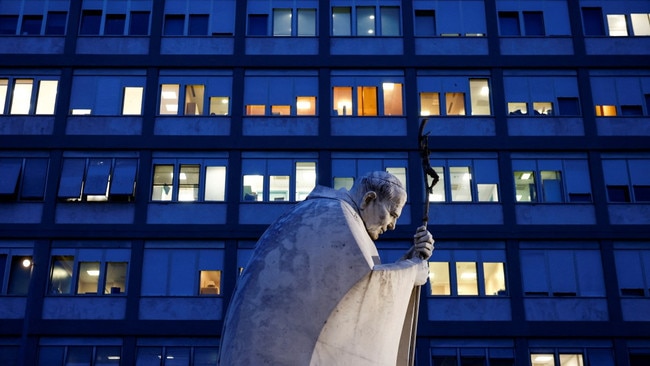
Until this week, Francis had shown a willingness and determination to stay on the job while dealing with his declining health, according to the papal biographer Austen Ivereigh. “He has shown he has no problem being a more frail pope,” Ivereigh said.
However, at the same time the Pope will want to give his all for the job, he added. “For Francis there is no 20 per cent papacy and if he thinks he cannot fully exercise the papal mission then yes, he could resign,” he said.
“He would not want – no one wants – a return to the John Paul II years, which were dominated by his health,” he said.
The head of the Catholic church from 1978 to his death in 2005, John Paul II was treated at Gemelli Hospital nine times for a total of 153 days – to the point he jokingly referred to the hospital as his third residence, after the Vatican and the papal summer palazzo at Castel Gandolfo outside Rome.
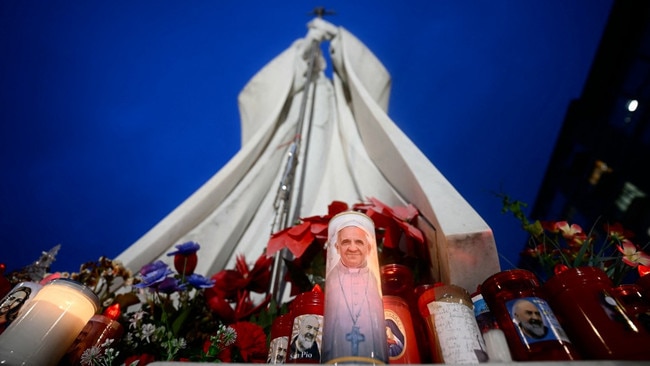
In his later years, John Paul’s ability to run the church was hampered by Parkinson’s disease.
Ivereigh said the fact Francis does not have a similar degenerative condition could make the difference.
“Hopefully he can pull through and as long as there is no prognosis of a long-term, debilitating or degenerative condition, I think he will push on,” he said.
The Times

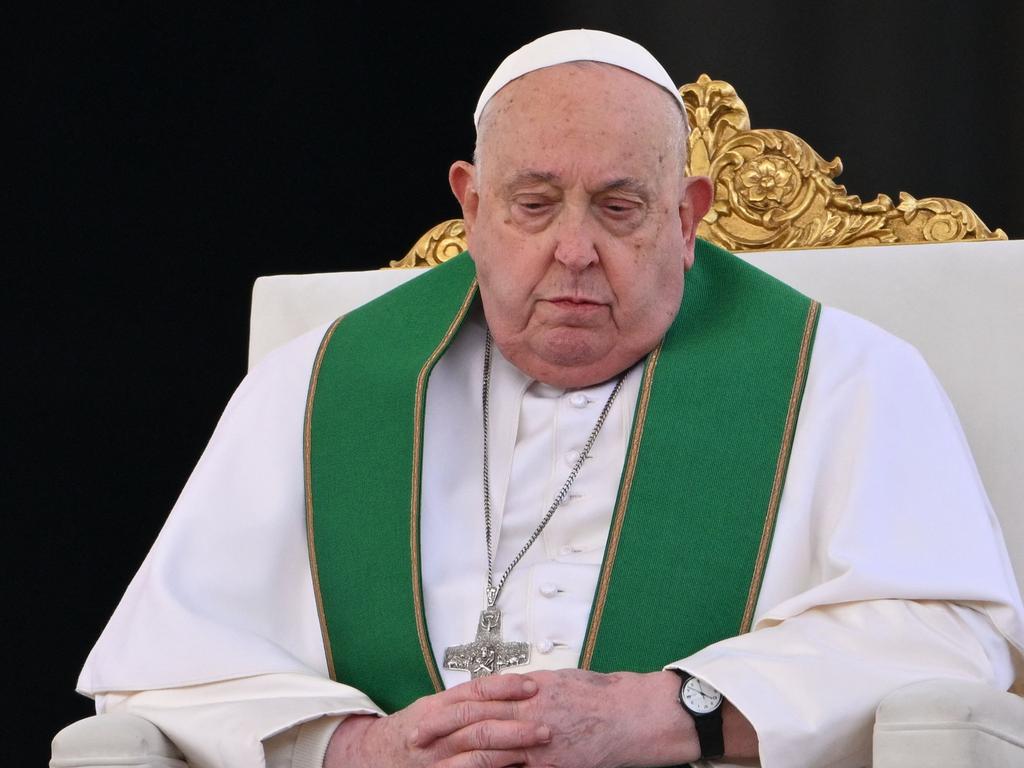
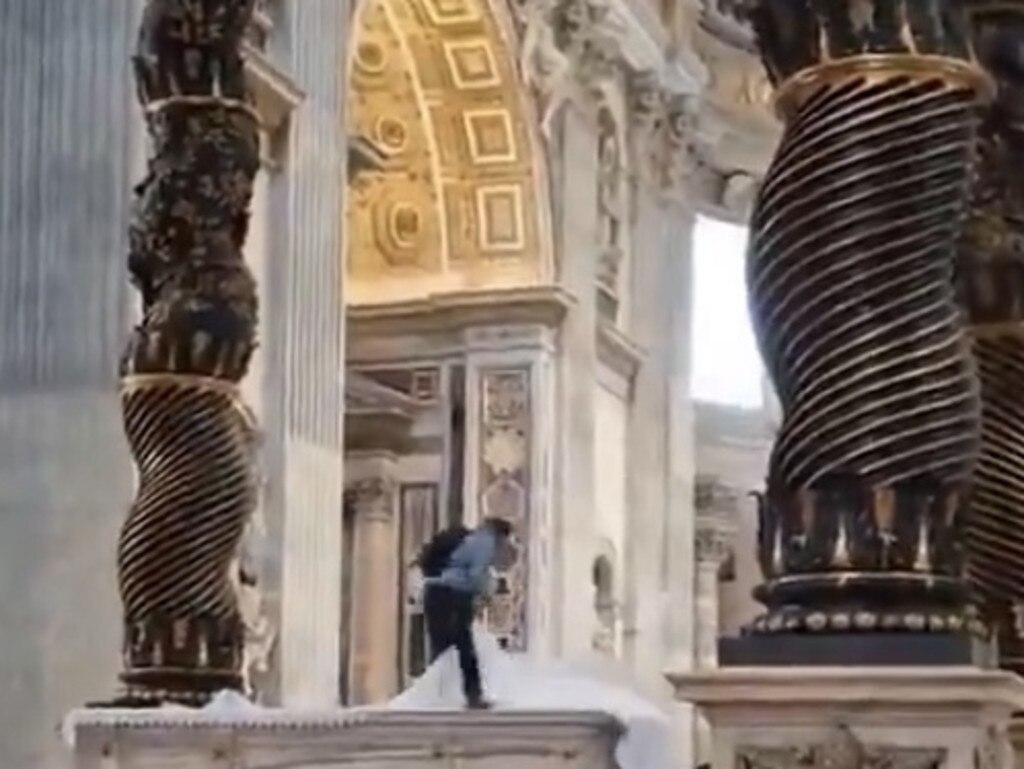



To join the conversation, please log in. Don't have an account? Register
Join the conversation, you are commenting as Logout